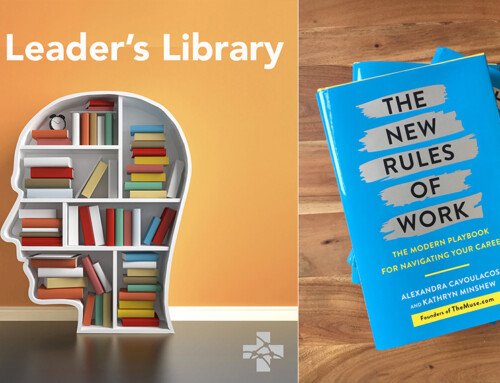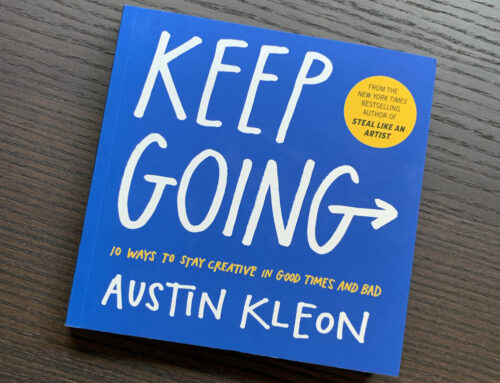
Debriefing is a difficult skill to acquire. It is a little to easy to ask accusatory questions when you witness things that went wrong, or in a direction not anticipated. It’s also hard when trying to keep your own horror and shock from what you just witnessed (how could you forget to get a fingerstick glucose??!!). But rarely these types of learning situations go well if we don’t learn how to develop high quality debriefing skills. Similarly without debriefing expertise, simulations that we conduct lose purpose and meaning. There are many ways to learn effective debriefing skills, and I want to share a reference that many of my simulation mentors gave me when I began building my niche in education. Reading the book “Difficult Conversations” by Douglas Stone, Bruce Patton, Sheila Heen of the Harvard Negotiation Project will help you gain understanding of how to approach debriefing and maximize learning in a safe environment.
Brief Synopsis
The ability to handle difficult conversations well is a prerequisite to organizational change and adaption.
– Difficult Conversations, 2nd edition
Through short vignettes and witty references, the book first describes what difficult conversations are and why they are difficult. Then it goes through an analysis of types of conversations and their unique pitfalls. Finally it goes through strategies to lay the foundation and conduct a difficult conversation successfully. Perfect for busy professionals trying to improve their communication skills because it is quick and to the point. This is definitely a book that could be read sporadically during the 1-2 hours of free time we all have during the week.
Relevance
The subtitle of the book is “How to Discuss What Matters Most”. And really that is the focus of the book. We do not have a lot of time, therefore it is important that we focus on speaking succinctly, clearly, and precisely. Although this book was recommended to me via the simulation community, really the skills discussed are relevant for those working in the clinical and academic setting. Even though the book is written from the perspective of sharing advice with the business community, it is still pertinent.
Difficult and challenging workplace scenarios are part of everyday life in Emergency Medicine. Giving junior residents feedback, conducting high fidelity simulation post-debriefings, convincing consults to admit patients – clinical and academic medicine is ripe with moments of conversations that can go smoothly or simply combust. Sometimes abiding by common rules of decency aren’t enough. Unfortunately medical education doesn’t always focus on developing methods and strategies to have difficult conversations. That is where this book can help!
Take Home Points
Verbal language is an amazing communication tool, but only if wielded effectively. Important to doing this well includes, ironically, LISTENING and utilizing critical empathy skills.
Although we have conversations every day, we are not good at the difficult ones. Debriefing difficult learners, breaking bad news, working with difficulty consults – we avoid them! But there are ways to get better, and reading this book is a great starting point. Our learners, patients, and colleagues will all benefit!
Disclaimer: Neither I nor this website have any affiliations, financial or otherwise, with the book or Amazon.com.



